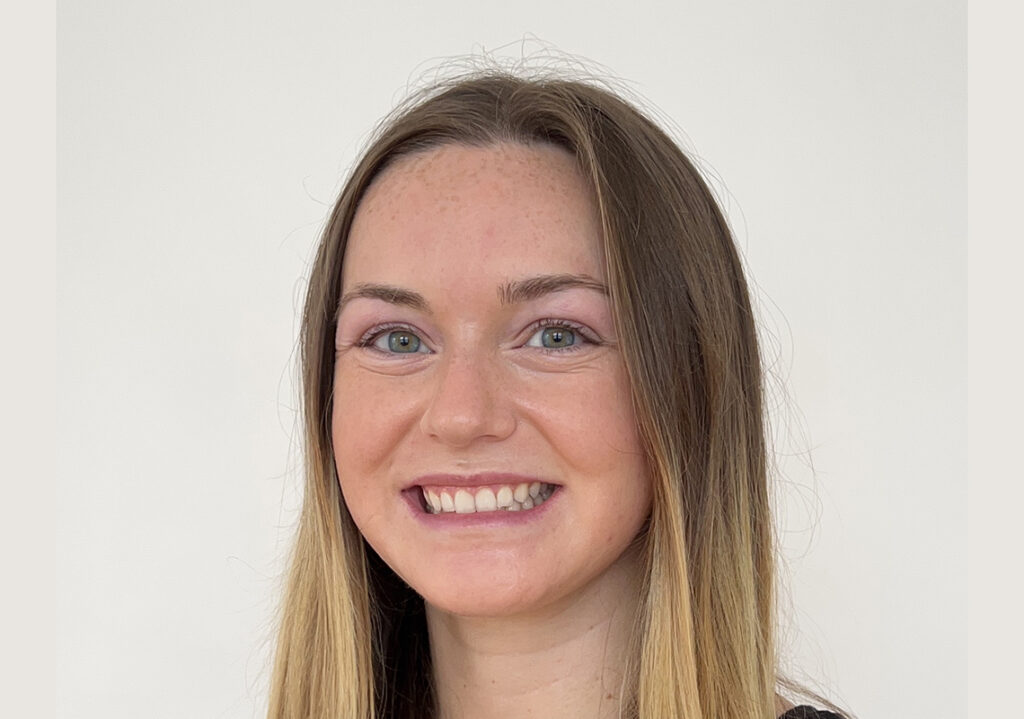Elizabeth Geiger ’27 sensed from a young age the injustices that bureaucratic hurdles can foment, preventing access to resources she and those around her were in need of. This lived experience helped propel her to focus her undergraduate studies and post-undergrad career on organizational inclusion and community engagement.
In the summer of 2023, Geiger was one of some 12,000 residents of Lahaina, a section of the Hawai’ian island of Maui, who were forcibly displaced as devastating wildfires ripped through the island. Through the trauma of seeing so much destruction and lives uprooted all around her, Geiger also saw the recurrent theme of resources being available for the affected, but countless people in desperate need being barred from receiving assistance due to various complex processes which did not properly account for realities on the ground. It was this experience, she recounts, that crystallized her desire to attend law school and learn skills that will empower her “to work alongside individuals fighting for various forms of justice, and advocate for an equitable legal system, support services, and world.”
The path led her to BC Law, where, as she finishes up her first year, she will now be able to continue her justice-related work this summer with the Legal Aid Society of Hawaiʻi, a non-profit law firm dedicated to achieving fairness and justice through legal advocacy, outreach, and education. She will work across different practice areas and disaster-related legal services, with an emphasis on housing issues.
The placement is supported by a prestigious fellowship she has earned from Equal Justice America, a program which provides grants up to $5,000 to law students working full time for a civil legal aid or civil rights organization as part of a competitive process.
BC Law Professor Mary Ann Chirba, who recommended Geiger for the fellowship, pointed out how Geiger sought to effectively contribute with her own gifts after seeing her neighbors on the island turned away from vital assistance due to red tape and other obstacles: “Elizabeth realized that in times of crisis, the most essential first responder may not be an EMT, physician, or police officer. In times of dire need, what a person needs most is an incredibly well-trained and determined lawyer.”


